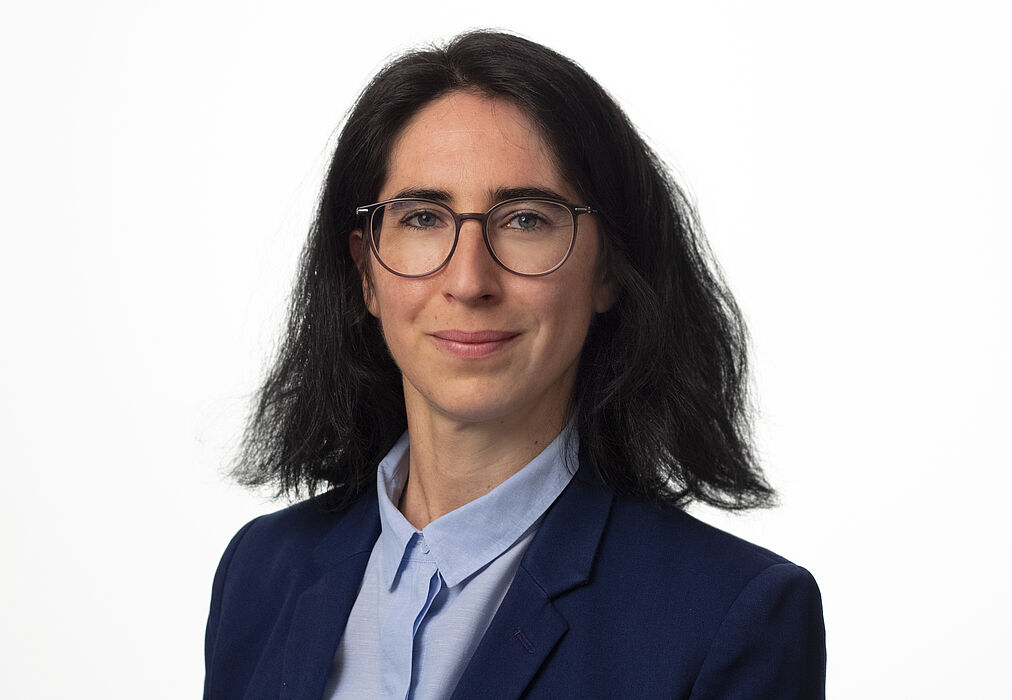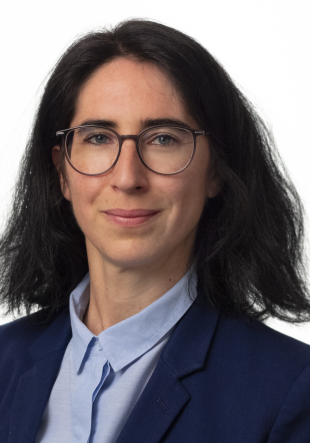For its research on global artificial cooling and its cultural conditions and effects, a team of researchers, in which the Paderborn University is also involved, has received a "Synergy Grant" of around 9.9 million euros from the European Research Council (ERC). The aim of "CultCryo - The Cultures of the Cryosphere" - as the project is called - is to understand the cultural factors and conditions of cooling in their historical development and to derive strategies for cooling less and differently from these findings. The project is funded for a period of six years and will start in spring 2024.
"Artificial cryosphere"
Artificial refrigeration is fundamentally shaping the world. Refrigeration and freezing technologies have become increasingly important for a wide range of everyday practices - from nutrition, health and reproduction to housing, telecommunications, scientific research and economic productivity. A global system of cold storage, cold chains and air-conditioned spaces has become an energy-intensive but little-noticed planetary infrastructure: an "artificial cryosphere". However, the far-reaching effects of this technology are still largely unexplored. Recent studies predict that global cooling demand will increase fivefold by 2050, dramatically exceeding energy budgets. "CultCryo" aims to help understand how the infrastructure of artificial cold is interwoven with cultural practices to help avert an impending cold crisis.
Creating awareness for energy needs
On the part of Paderborn University, Jun.-Prof. Dr. Suzana Alpsancar, who heads the research group "Applied Ethics with a Focus on Technology Ethics in the Digital World", is involved in the project and explains: "Since the Cold War at the latest, modern societies have been essentially dependent on artificial cold. Our everyday routines of eating, living, informing and communicating, but also of medical care, would not be possible without continuous cold chains. Our goal is to uncover the cultural conditions and factors that decisively shape these routines. My focus here is on the normativity of refrigeration. For example, how did the increasing importance of uninterrupted digital accessibility and availability come about? Why does a fresh orange juice have to be a cold one? We want to raise awareness of the energy demands of refrigeration and stimulate a critical discourse on how we as a society can move towards a sustainable approach to artificial refrigeration. I am very pleased that this important research has been awarded such a significant grant and that I can tackle the project with my three great colleagues with whom I have been connected for many years through various lines of research."
Alternatives for a sustainable future
Jun. Prof. Dr. Suzana Alpsancar, who is bringing the first ERC "Synergy Grant" to Paderborn University, will carry out the project together with Dr. Alexander Friedrich (Project Coordination, Technical University Darmstadt/Leibniz Centre for Literary and Cultural Research Berlin), Dr. Stefan Höhne (University of Duisburg-Essen) and Prof. Dr. Bronwyn Parry (Australian National University). The researchers have developed an innovative mix of methods from the fields of history of technology, geography, digital conceptual history, ethnography as well as philosophy and ethics of technology.
"CultCryo" will provide the first geographical mapping of the cryosphere, a historical reconstruction of its emergence, an ethnographic account of its cultural make-up, and a philosophical analysis and ethical assessment of its underlying norms and values. In this way, the project will pioneer an innovative interdisciplinary field of research to critically analyse a pressing global phenomenon while identifying alternatives for a more sustainable artificial cold future.
The European Research Council's Synergy Grants go to teams of two to four internationally renowned researchers. The decisive factor for funding is that the projects are only possible through the collaboration of the nominated researchers. Funding can be applied for up to six years with a maximum budget of ten million euros.
This text has been translated automatically.


